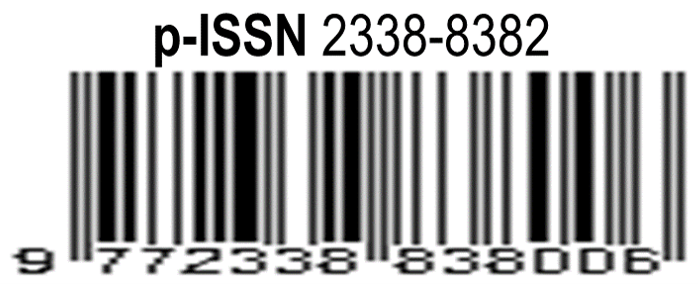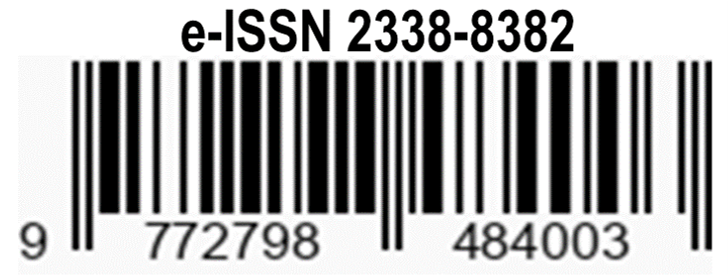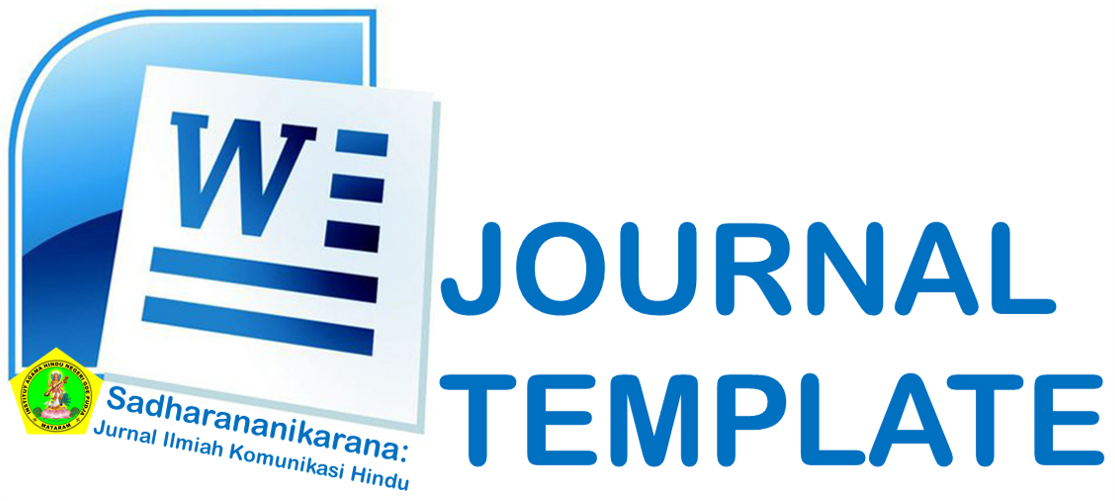Efektivitas Komunikasi Guru Bimbingan Konseling Di Sekolah Menengah Pertama Negeri 11 Mataram
Abstract
The global situation makes life more competitive and opens opportunities for people to achieve a better status and level of life. The positive impact of global conditions has encouraged people to continue to think and improve abilities, while the negative impact of globalization is in the form of anxiety life, conflict, stressed, frustration, the tendency of disciplinary violations to the use of addictive substances. The negative impact of globalization also occurs in students of State Junior High School 11 of Mataram, some students show behavior dominated by disciplinary violations to juvenile delinquency, this is inversely proportional to character education promoted by the government and the vision of State Junior High School 11 of Mataram. To develop personality and behavior in school is certainly the main task of the teacher especially counseling teacher as a counselor. The strategy needed is through effective communication between counseling teachers and problematic students so that the similarity of meaning to behavior change in problem students is achieved. The purpose of this study was to (1) describe the form of effective communication between counseling teachers and problem students, (2) describe the communication effectiveness of counseling tutors, (3) capture the communication meaning of counseling teachers and problem students in Mataram 11 Junior High School.
This research uses qualitative research methods. The basis of the theory used is the theory of symbolic interactionism, the communication theory of the SMCR model and nonverbal sign theory. Technique of collecting data in this research is method of observation, interview and documentation studies. Data analysis used is data reduction, data presentation and data verification. Data checking uses data triangulation techniques. The obtained results study are; (1) an effective form of communication between counseling tutors and problem students using interpersonal communication contained in individual service processes in the counseling process. (2) communication effectiveness shows that the process of delivering messages by counseling tutors acting as sources that convey messages in the form of personality ethics through channels or media to students as receive so that the similarity of meaning between counseling teachers reaches the purpose of the message conveyed in counseling process. (3) the meaning of communication in the counseling process is the meaning of a well-accepting counseling, meaning of a rejecting guidance and a dependent meaning and threating in the guidance process which is demonstrated through nonverbal behavior during the counseling process.
References
Awad Binti Faizah. 2015. Kontribusi Guru Bimbingan Konseling dalam Mengatasi Problematika Belajar Siswa SMK Negeri 3 Kendari”. Jurnal. Al- Izzah Insitut Agama Islam Negeri Kendari.
Basrowi dan Sukidin. 2002. Metode Penelitian Kualitatif Perspektif Mikro. Surabaya: Insan Cendekia.
Bungin, Burhan. 2006. Sosiologi Komunikasi. Jakarta: Kencana Prenadamedia Group.
Daryanto. 2016. Teori Komunikasi. Yogyakarta: Gaya Media.
Febrini Deni. 2011. Bimbingan Konseling. Yogyakarta: Teras
Hanani, Silfia. 2017. Komunikasi Antarpribadi Teori dan Praktik.Yogyakarta: Ar-Ruzz Media.
Handayani, Tutut. 2011. “Membangun Komunikasi Efektif untuk Meningkatkan Kualitas dalam Proses Belajar Mengajar”. Jurnal. Ta’Dib Insitut Agama Islam Negeri Raden Patah Palembang.
Harapan, Edi. 2016. Komunikasi Antarpribadi. Jakarta: Raja Grafiindo.
Litlejohn, Stephen W. 1999. Theories of Human Communication. Sixth Edition. New Mexico: Wadworth Publishing Company.
Luluk Nandya dkk. 2016. “Pengaruh Komunikasi Efektif Guru Bimbingan Konseling terhadap Minat mengikuti Layanan Bimbingan Konseling”. Jurnal. Penelitian bimbingan konseling Universitas Lampung.
Moeleong, J. Lexy. 2010. Metode Penelitian Kualitatif. Bandung: PT. Remaja Rosda Karya.
Morissan.2013. Teori Komunikasi Individu Hingga Massa. Jakarta: Kencana Prenadamedia Group.
Muhammad, Arni.2005. Komunikasi Organisasi. Jakarta: Bumi Aksara.
Mulyana R. 2005. Membangun Iklim Komunikasi Keluarga, Jurnal MAPI September 2005, Jakarta.
Mulyana, Deddy, 2016. Ilmu Komunikasi Suatu Pengantar. Bandung: Remaja Rosdakarya.
Naim, Ngainun. 2016. Dasar-Dasar Komunikasi Pendidikan. Yogyakarta: Ar-Ruzz Media.
Nasution, S. 2012. Metode Research. Jakarta: Bumi Aksara.
Nurhadi Fachrul Zikri. 2015. Teori-teori Komunikasi. Bogor: Ghalia Indonesia
Prayitno dan Erman Amti. 2004. Dasar-dasar Bimbingan dan Konseling. Jakarta: Depdiknas
Rakhmat, Jalaludin. 2002. Psikologi Komunikasi. Bandung: PT. Remaja Rosda Karya.
Sendjaja, S. Duarsa. 1994. Teori Komunikasi. Jakarta: Departemen Pendidikan Nasional.
Sutopo, H.B. 2002. Metodologi Penelitian Kualitatif, Dasar Teori dan Terapannya dalam Penelitian. Surakarta: UNS Press.
Tim Penyusun. 2016. Pedoman Penulisan Proposal dan Tesis. Malang: Media Nusa Creative.
Vardiansyah, Dani. 2004. Pengantar Ilmu Komunikasi. Bogor: Ghalia Indonesia.
Sumber Internet:
(https://edoparnando27.wordpress.com/komunikasi-efektif/) diakses tanggal 29 Maret 2018
id.wikipedia.org/wiki/Komunikasi_efektif di akses 10 Mei 2018
www.konselingindonesia.com/category/13/jurnal-konseling diakses 18Januari 2018
www.downloadjurnal.com/artikel-jurnal-ilmiah diakses tanggal 18 Januari 2018.





.png)


.png)






